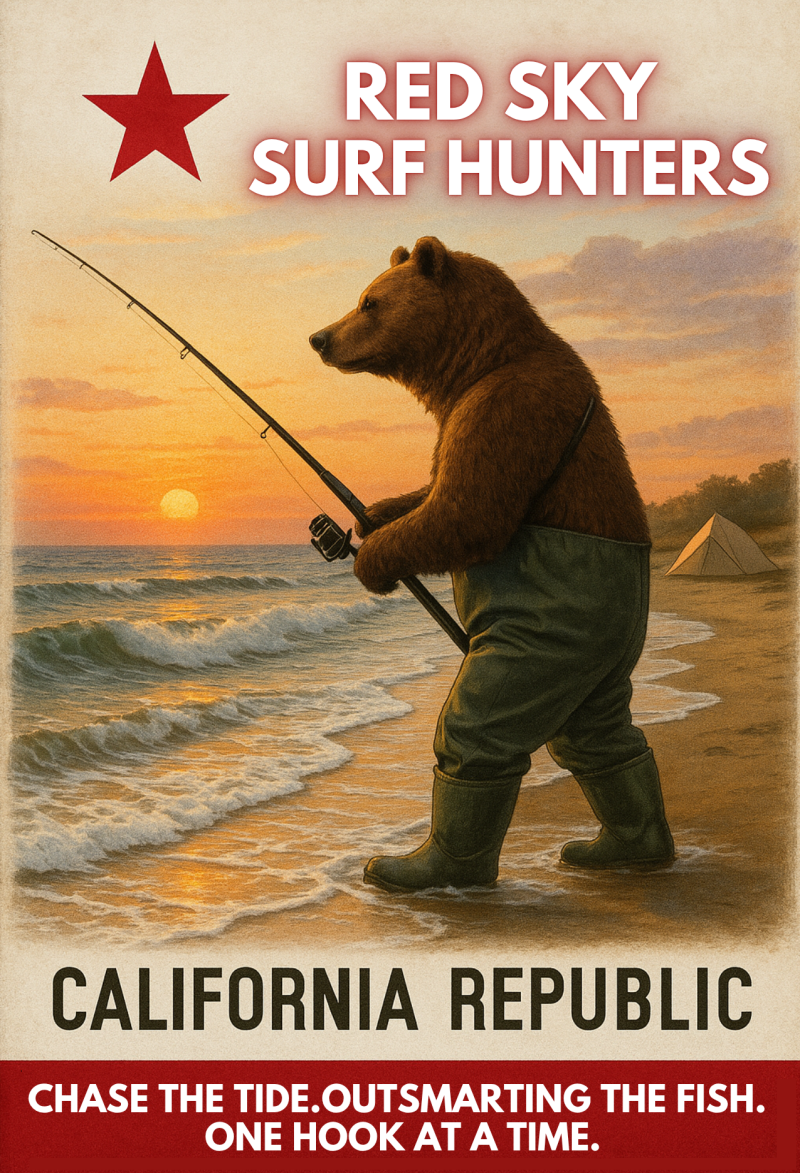Frequently Asked Questions About Camping & Surf Fishing
Whether you're new to the coast or a seasoned angler, this section covers common questions about combining camping and surf fishing—from gear and safety tips to the best times to fish and how to store your catch. Get the answers you need to plan your next adventure with confidence.
Camping Frequently Asked Questions
Beach camping is a unique way to experience the coast—falling asleep to the sound of waves, waking up to ocean sunrises, and fishing just steps from your tent. Whether you're a first-timer or a seasoned camper, it’s normal to have questions about gear, rules, or coastal conditions. Below, we’ve answered some of the most common questions to help you plan a safe and unforgettable beach camping adventure.
If you have additional questions or specific concerns, don’t hesitate to reach out to your campground or park office for guidance. With a little preparation, camping can be a fun and rewarding experience for everyone!
Surf Fishing Frequently Asked Questions
Surf fishing is an exciting and accessible way to enjoy fishing from the shore, but it can come with many questions for beginners and experienced anglers alike. Below, we’ve answered some of the most common questions to help you make the most of your surf fishing experience.
We take great pride in our ability to adapt and deliver excellence across every facet of our service. Whether you're new to surf fishing or a seasoned camper or angler, our FAQs are designed to help elevate your adventure. Discover how we can support your journey and contribute to your success!
💬 Leave a Comment Below
Got a question we didn’t cover? Or maybe a camping hack or surf fishing tip you swear by? Drop your thoughts below and join the Surf Hunters crew in building the ultimate guide—from campsite to shoreline, one hook at a time. Your questions and stories help others chase the tide smarter.

Add comment
Comments